Should I Call a Lawyer or the Insurance Company First After a Car Accident?
Key Takeaways
- Know who to call after a crash to protect your rights.
- Talking to a lawyer can help you avoid insurance pitfalls.
- Understand the best steps for claims and legal action.
- Big injuries or damages? Call a lawyer first.
- For minor, obvious cases, insurance might be enough.
- Keep track of every cost and injury, no matter what.
After a car accident, confusion and stress can make it tough to figure out your next move. Who do you reach out to first? It’s a common dilemma. Often, calling a lawyer before your insurance company is a smart way to protect your rights and sidestep some classic mistakes.
Lawyers can walk you through what to say (and what to avoid saying), especially when insurance adjusters start asking questions that might not be in your best interest. This step could mean fairer treatment and better support if things get complicated with your claim.

Why Your First Call Matters After a Car Accident
Making the right call after a car accident can seriously affect how things play out. Whether you reach out to your insurance company or a lawyer first can shape your injury claims, the evidence you gather, and the entire legal process.
Understanding the Immediate Impact
Right after an auto accident, most people feel rattled. The steps you take at the accident scene really do set the tone for what comes next.
Calling a lawyer first often means your legal rights are protected from the start. Attorneys know how to guide you about what to say before you talk to insurance adjusters. Insurance companies sometimes use those first statements to lower or deny your claim.
Snapping some photos, getting witness info, and making sure there’s a police report—these things should happen quickly. An attorney can offer advice on how to document your injuries and property damage the right way. Quick legal advice also helps you avoid slip-ups that could weaken your claim.
Consequences of Wrong Decisions
Dealing with an insurance company without legal backup can backfire. Insurance adjusters might frame their questions to get you to admit fault or settle for less than you deserve.
If your injuries are serious, taking that first settlement can leave you with unpaid bills down the road. Once you accept, reopening the claim is pretty much off the table.
Waiting too long to get a lawyer can also mean evidence disappears or you miss legal deadlines—which can really hurt your chances of fair compensation.
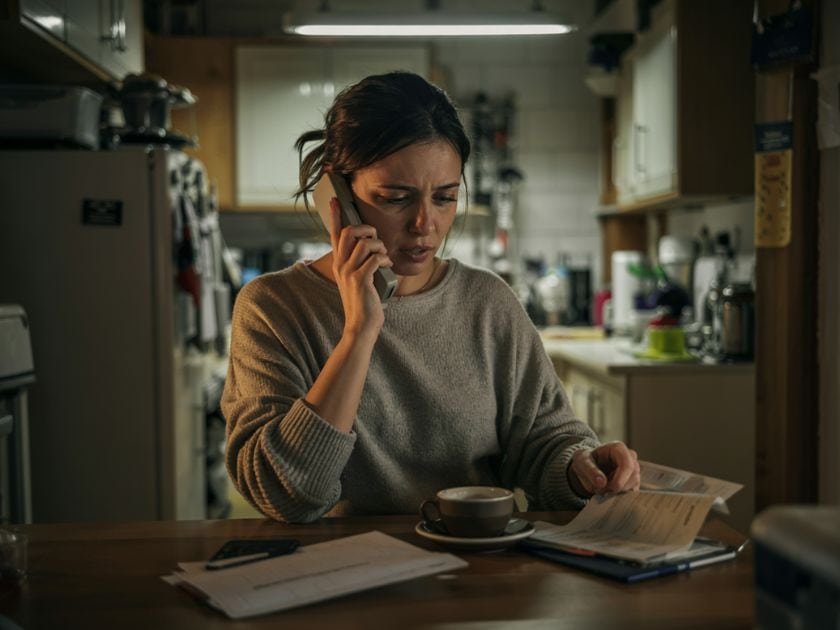
When To Call Your Insurance Company
After a car accident, you’ll need to contact your insurance company to start the claim. But timing, details, and how you handle it can affect your coverage and your rights.
Reporting Requirements and Timelines
Most insurance companies want you to report an accident fast—sometimes within 24 hours. Dragging your feet can mess up your claim or even get it denied.
Some states and policies have their own rules, especially if there are injuries or big property damage. Skipping these steps can cause headaches with your coverage.
Call your insurer once you’ve handled any urgent medical needs and it’s safe. If there’s a police report, share that—it usually helps your claim move along.
Information You Need to Provide
When you make the call, have these handy:
- Date, time, and location of the accident
- Other driver’s name and insurance info
- Police report or report number, if you have it
- Photos of the damage and vehicles
- Names and contact info for any witnesses
Giving solid, complete info helps the insurance adjuster get started. Missing details just slows things down or leads to more questions.
Keep all paperwork and photos in a folder—you’ll probably need them again as things move forward.
How Insurance Companies Handle Claims
Once you report, the insurance company assigns an adjuster to your case. They’ll look over the police report, your photos, and statements.
They might reach out to the other driver’s insurer, talk to witnesses, and check out the damage. The adjuster figures out what your claim is worth based on policy details.
Usually, your car gets inspected, and then you’ll get repair options or a payout. Insurance companies have their own process, and staying in touch can help keep things moving.
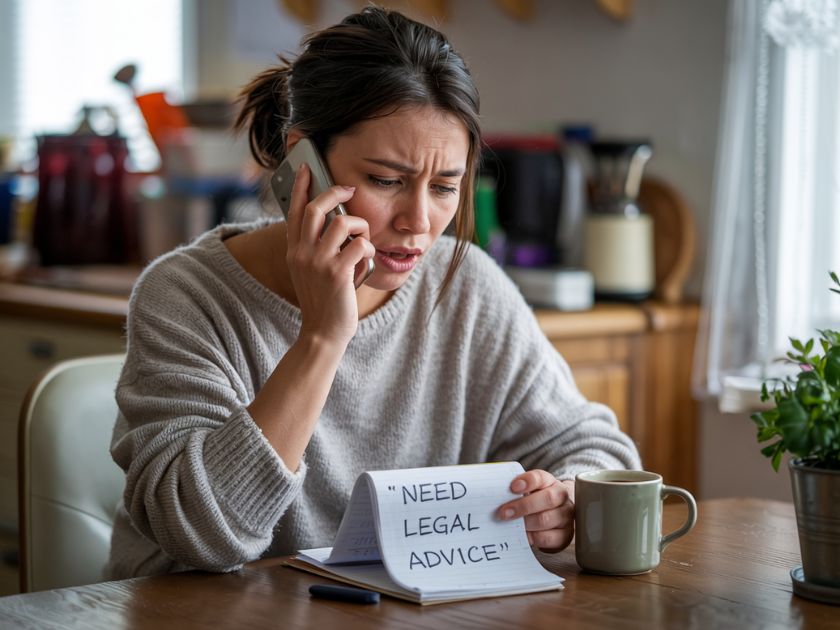
When To Contact a Lawyer After a Car Accident
Knowing when to reach out to a personal injury lawyer after a crash can really affect your claim. Acting early can protect your rights, especially if you’re dealing with injuries or major losses.
Situations Requiring Legal Representation
If you have serious injuries, need long-term medical care, or missed a chunk of work, it’s a good idea to call a car accident lawyer. If there’s a fight over who’s at fault or you’re getting the runaround from insurance, legal help is smart.
If the other driver is uninsured or took off, you’ll want advice. Cases with companies or multiple parties involved? Those get complicated fast, and a personal injury attorney can help you sort it all out and keep you on track with deadlines.
Benefits of Early Legal Advice
Talking to a lawyer soon after the accident can make the legal process a lot less stressful. You’ll know what to say (and what not to say) when the insurance company calls. A personal injury lawyer can help round up evidence, document your injuries, and keep track of important conversations.
Insurance companies sometimes dangle a quick settlement that looks tempting but doesn’t actually cover everything. With a lawyer, you’ll get a clearer picture of what you should really get. Early action also helps you hit all the legal deadlines and keeps your options open if things go to court.
Initial Consultation With an Attorney
Most car accident lawyers offer a free first meeting to go over your case. They’ll ask about what happened, look at your paperwork, and lay out your options. Bring any reports, medical records, or insurance letters you’ve got.
This meeting is your chance to ask questions about the process and what comes next. The attorney should explain their fees—usually, you don’t pay unless they win for you. That first consultation can help you figure out your next steps and what kind of help you might need.
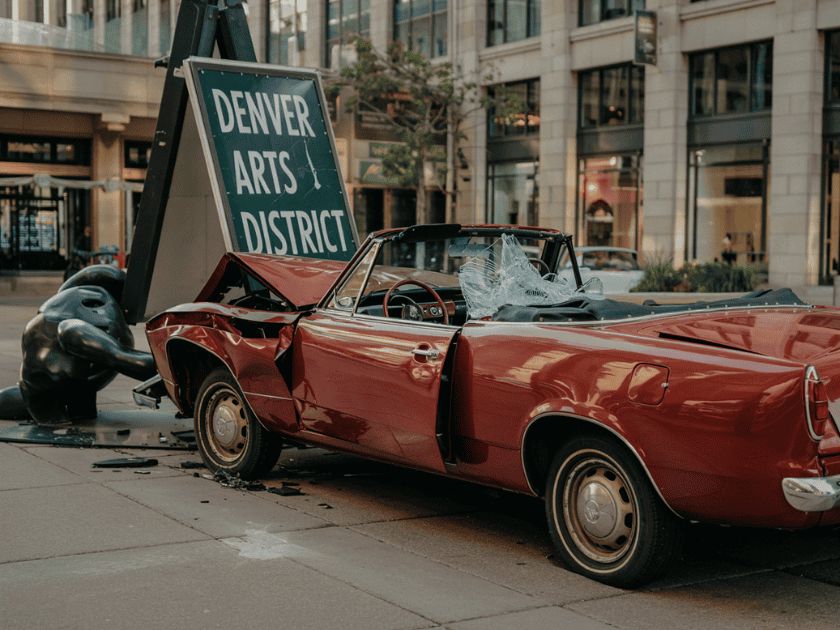
Key Factors Influencing Your Decision
There’s no one-size-fits-all answer after a crash. The seriousness of injuries, property damage, and how clear the fault is all play into who you should call first.
Severity of Injuries and Damages
If you’re dealing with serious injuries or major property damage, a lawyer should probably be your first call. Injuries that need ongoing care or keep you from working usually mean bigger claims. Insurance companies may try to settle fast—and for less—if they know things are bad.
Even if you feel okay at first, some injuries show up later. Medical bills, car repairs, and other costs should all be documented. A lawyer can help you gather medical records and repair estimates to back up your claim.
For smaller accidents with clear-cut damage, it may be fine to talk to insurance first. But if things are messy or expensive, legal advice can save you from headaches down the line.
Disputes Over Fault and Liability
If it’s murky who caused the accident, or if the at-fault driver and their insurer are pointing fingers, you may need legal help. Questions about negligence and liability can make claims drag on. Lawyers know how to gather evidence—photos, police reports, witness statements—that can make a difference.
If there are multiple drivers or everyone’s blaming each other, a lawyer can step in to protect your side. One wrong word to insurance can come back to bite you.
Insurance companies sometimes deny claims or say your injuries aren’t from the crash. An attorney can push back and help prove what really happened.

Protecting Your Rights and Interests
What you do after a car accident can make or break your case. The key? Keep good records and know how to handle insurance companies.
Preserving Evidence and Documentation
Gather and hang on to all evidence as soon as you can.
Key types of evidence include:
- Photos of the scene, cars, and any injuries
- The police report
- Contact info and statements from witnesses
- Medical records about your injuries and treatment
Writing down what happened helps you remember details later. Ask witnesses for written statements while it’s all still fresh.
Hang on to repair bills and any accident-related expenses. Staying organized means you won’t forget something important when it’s time to make your claim or talk to a lawyer.
Dealing With Insurance Adjusters
Insurance adjusters might want a recorded statement right away. Honestly, it’s risky to talk to them before you talk to a lawyer—what you say is often used against you.
They’ll often push for a quick settlement, but that might not cover all your bills or losses.
A lawyer can handle the back-and-forth with insurance and look over any offers. That way, you don’t accidentally say something that hurts your claim or accept less than you should.
Be careful, take your time, and don’t be afraid to get advice before dealing with insurance adjusters. It can make a real difference.
Navigating the Claims and Settlement Process
Car accident victims usually have a lot of questions about how settlement offers work and what to do when it comes time to negotiate. Getting a handle on these things can make a big difference when someone’s trying to get fair compensation.
How Settlement Offers Are Evaluated
Settlement offers aren’t just picked out of thin air—they’re based on things like the cost of medical bills, car repairs, and lost wages. Insurance companies dig into police reports, medical records, and the stories from everyone involved. They’ll look at how serious the injury is and who was actually at fault.
It’s pretty common for the first settlement offer to be lower than what you’d hope. Insurers tend to start low, and honestly, that first number rarely covers everything. It’s smart to take your time and really look over every offer before saying yes.
It helps to jot down (or make a table of) every cost tied to the accident—now and in the future. Having solid documentation makes it a lot easier to push for a better settlement.
Negotiating With Insurance Companies
Negotiating with insurance companies can honestly feel overwhelming, especially when they’re nudging you to just take the first offer and move on. It’s important to stay polite but also stand your ground. If the offer doesn’t really cover your needs, you’re allowed to push back.
Having a lawyer in your corner can take some of the stress out of this, since they know all the usual insurance tricks and how to argue for what’s fair.
Some negotiation tips that actually help:
- Don’t jump at the first offer—take your time.
- Keep all your receipts and proof of expenses handy.
- Write down every conversation and keep copies of everything.
- Ask questions if you’re confused about any part of the offer.
Common Mistakes to Avoid
Acting quickly and thoughtfully after a car accident can save a lot of headaches later. Some mistakes can really slow down recovery, mess up insurance claims, or even make it tough to get the money you deserve.

Delaying Medical Attention
A lot of people put off seeing a doctor after a crash, especially if they feel okay at first. Trouble is, symptoms sometimes don’t show up right away. Getting checked out early not only keeps you safe but also links your injuries to the accident, which matters for any claim.
Insurance companies look at how long it took you to get medical care. If there’s a big gap, they might argue your injuries weren’t from the crash. Seeing a doctor right away also helps keep medical costs in check and shows you’re serious about your health.
Key steps:
- See a healthcare provider ASAP
- Hang on to all records and bills
- Actually follow the doctor’s advice (even if it’s inconvenient)
Skipping appointments or ignoring injuries can really hurt your case down the road.
Making Uninformed Statements
After an accident, insurance companies are quick to ask for a statement—sometimes even a recorded one. Giving too much info, or just guessing about what happened, can come back to bite you.
Admitting fault or making assumptions can be used against you. The other driver’s insurance will look for anything that lets them pay less.
Stick to the basic facts at first and double-check the details before you say more. If you can, talk to a lawyer before giving any recorded statement.
Try to avoid:
- Admitting fault right away
- Saying “I’m fine” unless you really are
- Agreeing to a recorded statement without some advice
Being a little guarded with your words protects your rights and keeps things fair when it comes time to sort out the bills.
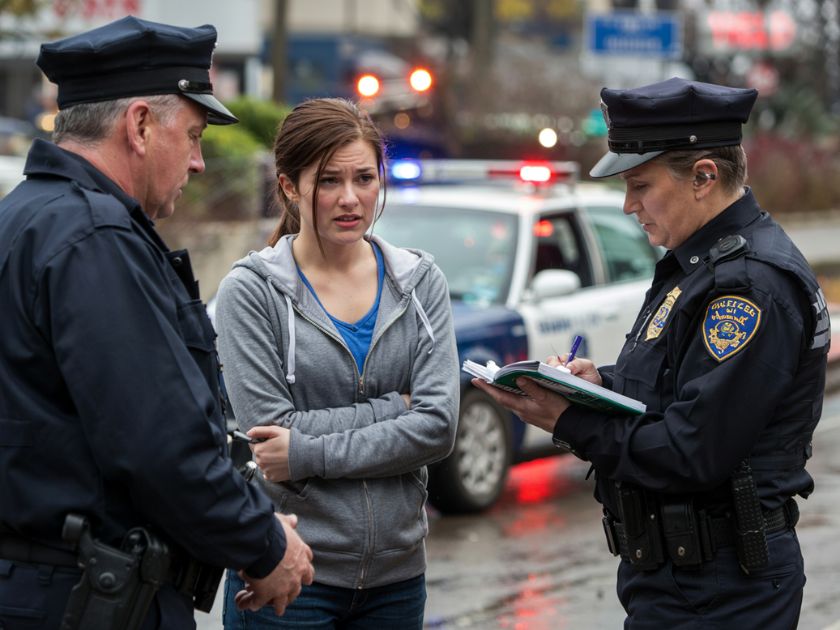
Understanding Your Legal Options and Next Steps
After a car accident, figuring out what to do next can feel overwhelming, but it’s crucial for protecting your rights and your wallet. You’ll want to know how to file a personal injury claim, what the deadlines are, and what kinds of damages you can actually recover.
Filing a Personal Injury Claim
Basically, a personal injury claim is your way of asking for compensation when another driver is at fault. You can file with an insurance company, or if things get messy, in court. Before filing, gather evidence like:
- Police reports
- Medical records
- Photos from the scene
- Witness statements
Plenty of folks talk to a lawyer before dealing with insurance. A good lawyer can explain your rights, talk to insurers, and help you avoid mistakes that could cost you. Report the accident to your insurance company, but maybe hold off on sharing all the details until you’ve gotten some legal advice—especially if you’re dealing with serious injuries.
Statute of Limitations and Time Limits
The statute of limitations is just the legal deadline for filing a personal injury lawsuit. It changes depending on the state—usually two or three years from the accident date.
If you miss that window, you’re probably out of luck for compensation. Here’s a quick look at some common time limits:
| State | Statute of Limitations |
| Colorado | 3 years |
| Arizona | 2 years |
Honestly, the sooner you start, the easier it is to gather evidence and track down witnesses.
Evaluating Recovery and Non-Economic Damages
Recovery after a crash isn’t just about getting medical care—it’s also about getting compensated. You can claim things like:
- Hospital bills
- Car repairs
- Lost wages
Then there are non-economic damages—pain, stress, or just a lower quality of life. These are trickier to put a dollar amount on. A lawyer can help estimate what’s fair by looking at your medical records and how your daily life has changed.
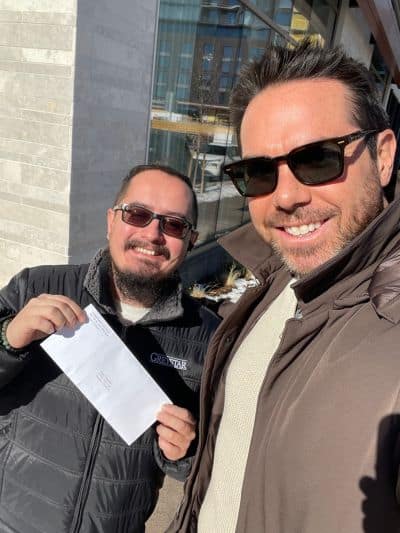
Choosing the Right Attorney for Your Case
Finding the right attorney can really make a difference after a car accident. Experience, communication skills, and a fair fee structure all matter.
What to Look For in Legal Representation
A solid attorney has real experience handling car accident or personal injury cases. They’ll know local laws and how insurance works in your state.
Communication is huge. Good lawyers answer questions quickly and don’t drown you in legal jargon. You shouldn’t have to chase them for answers.
Look for someone organized—someone who’ll help gather evidence, handle paperwork, and talk to the insurance company for you.
It’s definitely worth seeking out lawyers who offer free consultations. That way, you can meet, talk about your case, and get a feel for their style before making any decisions. Checking reviews or asking friends for recommendations never hurts, either.
Understanding Contingency Fees
Many car accident and personal injury lawyers operate on a contingency fee basis—basically, they only get paid if your case is successful. The lawyer’s fee is usually a percentage of whatever settlement or court award you end up with.
Contingency fees can range quite a bit, often landing somewhere between 33.33% and 42%. Before you sign anything, take the time to look through all the terms and ask about any extra costs. There might be charges for things like filing fees, expert witnesses, or other legal odds and ends.
It’s smart to get the fee agreement in writing, just to avoid any headaches down the road. That way, you’ll know what to expect. If the lawyer doesn’t win or settle your case, you typically don’t owe anything for their time.



